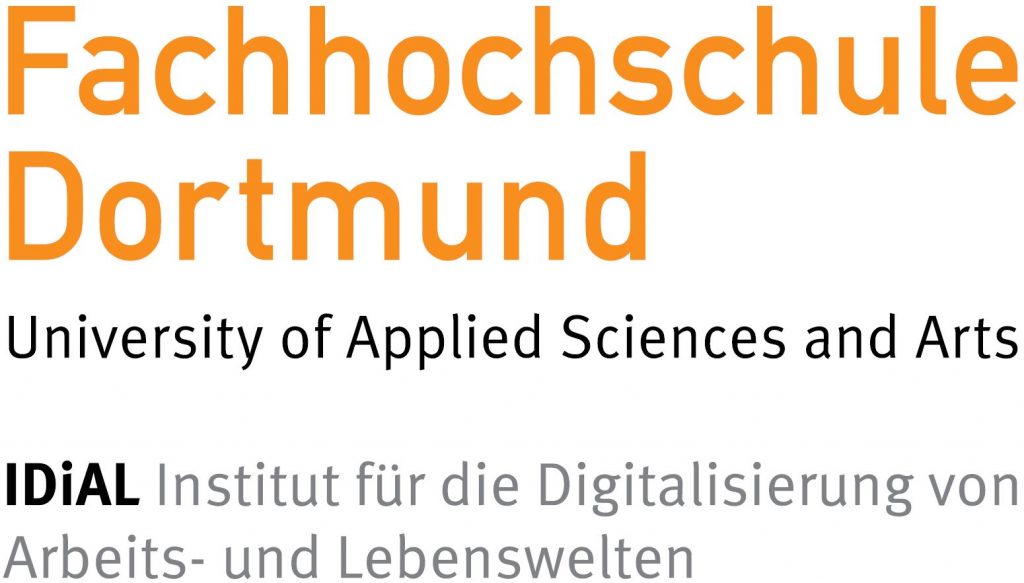
Special Stream on Smart Buildings and Smart Cities
The emergence of dense networked embedded systems in monitoring and control applications has enabled the collection of data, information processing, decision and actuation at unseen temporal and spatial resolution and scale. The built environment offers significant opportunities and challenges for the application of such systems with tangible economic, environmental and social benefits. Buildings in particular, as hallmark of global urbanisation tendencies, have great potential to leverage modern technologies to operate more efficiently and provide better living and working conditions. This addresses, among others, aspects related to energy management, occupancy detection and prediction, safety and security. At a larger scale, smart city infrastructures are able to implement these advances towards wider benefits in environmental monitoring, traffic management, improved utililities networks and social services. Design of human-in-the-loop approaches offers citizens valuable direct feedback mechanisms towards the intelligent systems and administrators for real-time adaptation and responsiveness.
The special stream aims to provide a forum discussing the state-of-art and recent ad- vances in this area, addressing both theoretical and applied implemented approaches, with representatives from academia and industry along with establishing a strong context of national and international research projects and future collaborations.
Co-Chairs:
- Grigore Stamatescu, Romania
- Ioana Fagarasan, Romania
- Iulia Stamatescu, Romania
- Nicoleta Arghira, Romania
Topics include, but are not limited to:
- methods and tools for modelling and simulation of smart building and smart city systems;
- large scale monitoring systems for data collection through wireless sensor networks;
- computational intelligence and intelligent decision frameworks leveraging statistical learning methods for big data processing in smart buildings and smart cities;
- advanced control of HVAC systems;
- energy management through load forecasting and balancing, including smart grid integration;
- open hardware and software architectures to support complex systems integration;
- bridging heterogeneity and proprietary systems through standardisation;
- effective smart city policies and best practices;
- new computing and control paradigms applied to smart buildings and smart cities e.g. cyberphysical systems (CPS), Industry 4.0, multi-agent systems (MAS).
Dates and Deadlines
Extended Abstract Submission:
15 May 2023
01 June 2023
Notification of Extended Abstract Acceptance:
30 June 2023
23 July 2023
Camera Ready Papers:
20 July 2023
30 July 2023
For Authors
Social Networks
Technical co-Sponsors


